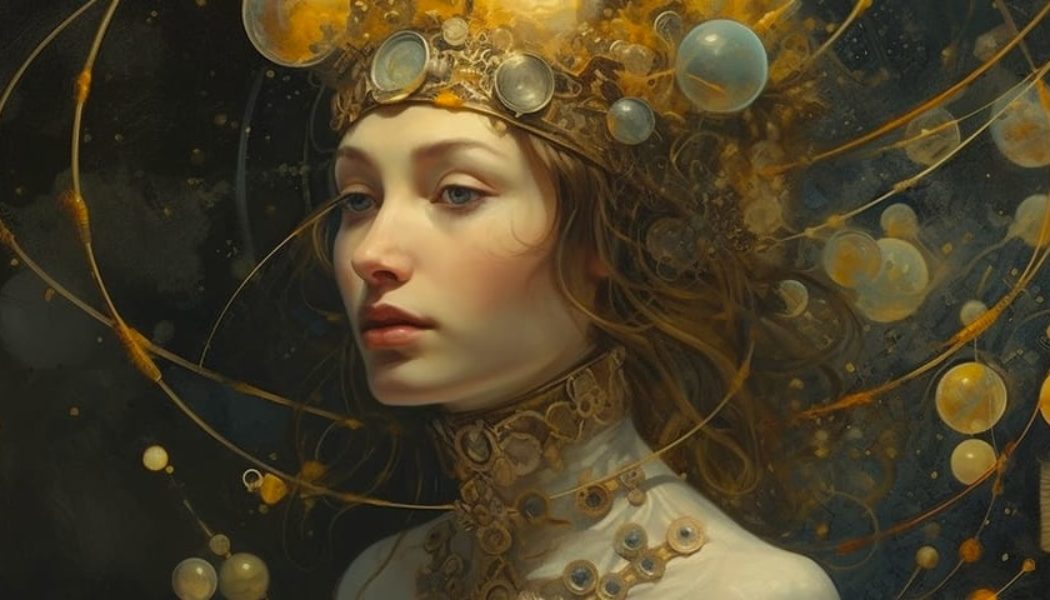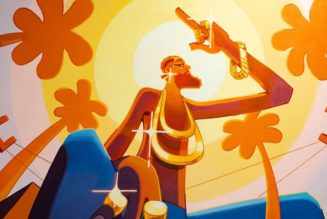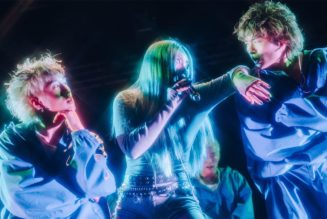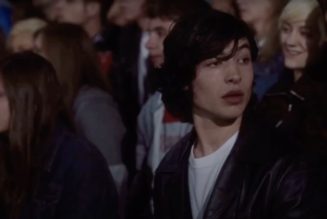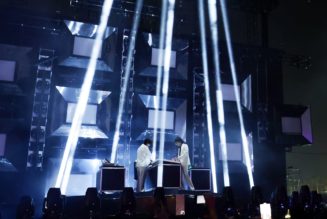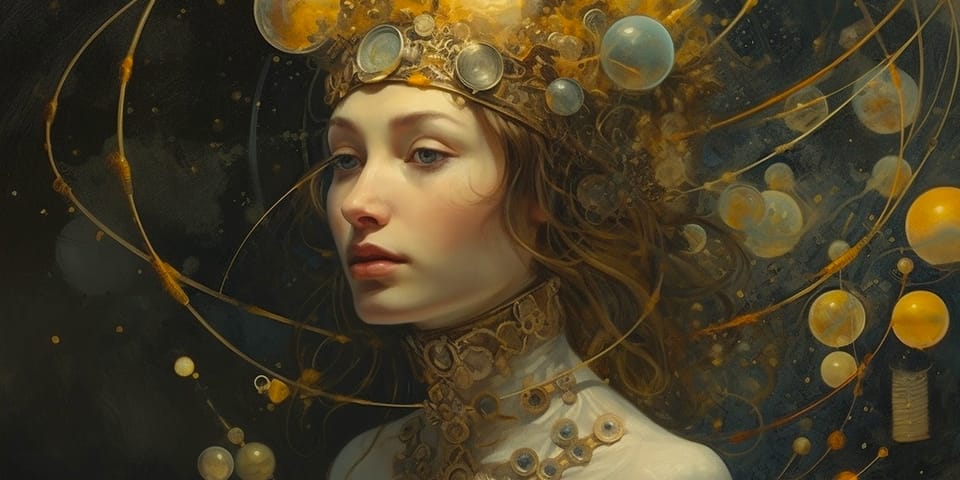
Paintings to printing, photography to video, web to AI. Whether a skeptic or believer, communication always evolves from one medium to the next. Do you see AI as a threat to the creative industry? Why or why not?
At face value, these tools should be exciting, particularly in how they make creative expression more accessible and facilitate new modes of communication. But the (stochastic) elephant in the room is that they’re also poised to displace swaths of the creative workforce. Under current conditions, I see AI accelerating existing problems in creative industries, namely the low value often associated with creative labor, which is why it’s critical for creative professionals to organize and advocate for better regulation while norms aren’t yet fixed. Anything that doesn’t require high-fidelity final outputs, or that is used within larger processes, is under threat: illustration, concept art, storyboards, graphic design, instrumentation, UX writing…the list goes on, and will grow. There will still be human hands managing, curating, and refining, but if new tools deliver outputs at even a quarter of the quality for 1% of the cost, unfortunately many employers will take those odds.
Traditional fine artists and others whose work involves conceptual approaches will be less impacted by these tools. Creating art isn’t just aesthetics; it involves artists developing an idiosyncratic relationship with reality and undercurrents in the zeitgeist, which then informs the art they create. We can assume that the technical aspects of many crafts will be automated and even refined by generative tools, but the embodied experience of the human artist—not to mention the simple fact that the public will mostly prefer to engage with human artists over machines—isn’t so easily automated.
While, contrary to popular belief, AI isn’t necessarily a new technology, it still in many ways is in the ‘Wild Wild West’ phase in terms of regulation. Do you believe there should be regulations put in place to protect artists, consumers and intellectual property? What would your suggestions be?
Regulation is one of the most critical aspects of a functioning democracy, and the United States is sorely lacking in its regulation of technology. This has been the case for many years. Of course, these are extremely tricky arenas to regulate, often without precedents or clear pathways to follow. But it is urgent that we establish new standards as we enter the era of generative engines. I’m encouraged that organizations like Creative Commons and EQTY Lab are taking a leading role in this new context, and recent cases are setting the initial standards and norms for how intellectual property will function in the era of AI.
We’ve already witnessed over the past 15 years how the tech giants, locked in an arms race with each other, are largely incapable of self-regulating to mitigate the harmful aspects of their products. It’s one of these wicked systems-level problems where it’s impossible to hold any of those companies or individuals accountable—which is why sensible regulation is so critical. If properly established and evenly enforced, new policies could both level the playing field and give corporations more space to build safety into their offerings.
